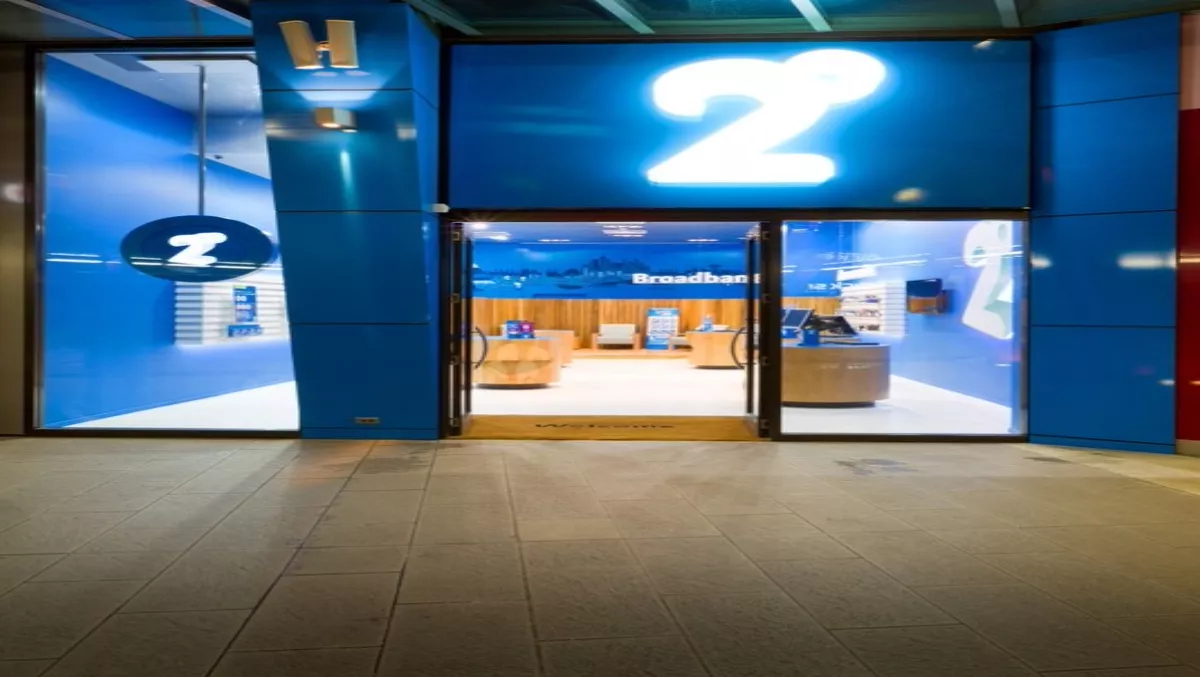
2degrees - the Emperor is wearing no clothes...
Five years on and to a certain extent it is a bit of a wonder that the company still exists.
It actually is one of the few surviving so-called ‘late mobile entrants’ in the world - companies that entered the market when more than 70% market penetration had already been achieved by others.
Most operations launched, similar to 2Degrees but in other parts of the world, have since been gobbled-up by others or have simply disappeared.
It looks like it will only be a matter of time before this happens to 2Degrees.
But why such a sombre analysis on the 5th anniversary of the company? The company’s PR machine tells a different story.
However, even before the company was launched - it had a very long gestation period - we questioned the viability of a third player in the New Zealand market because of the dominance of Vodafone and the incumbent telco Telecom (now Spark).
The New Zealand mobile telecom situation in general is somewhat analogous to the tale of the emperor wearing no clothes. There is such a lot of pretence going on. For example, the pretence that Vodafone and Spark are more or less equals.
We have said for many years that is a charade - but for the grace of Vodafone Spark’s market share would not exist. If Vodafone were to grab more market share, as it easily could do, the regulator would simply have to step in, and this is what Vodafone wants to avoid at all cost - it is one of the most profitable Vodafone companies in the world.
It dominates the revenue share in the market, but to keep the peace very few people will talk about that. New Zealand is a small market. Everyone knows everyone else, and they are in one way or another dependent on each other, so being too critical is not the thing.
So you should be nice and congratulate 2Degrees on their 5th anniversary and rave about the 25% SIM market share they have been able to capture. The reality, as we have said many times, 25% market share of what?
It represents no more than 10% of the mobile revenue in the market, so also here, the emperor is wearing no clothes. And, even worse, the customers they represent are at the lowest level of profitability in the country.
Revenues generated from most of these customers are marginal at best, something that is also reflected in a decrease in the cash flow of the company.
Of their one million or so customers perhaps as much as 80% are people visiting the country, many only for a few weeks or months.
And travellers often also have to use their SIM to roam over the Vodafone or Spark networks, as 2Degrees’ coverage is very limited, especially for tourists travelling around the country. This means extra costs for 2Degrees.
On the issue of infrastructure, 2Degrees is stuck with only one-third of the data capacity of the other two players, and it is not economically viable for them to extend the coverage. There is no business case for the company to invest in more network capacity, and having to utilise the networks of the other operators means a competitive disadvantage.
Again repeating comments we have made in the past, if the country believes it is in the national interest to have effective competition in the mobile market the only way to achieve that is to change the market structure through regulatory intervention.
By pretending not to notice that the emperor is not wearing any clothes New Zealand will just continue to have one of the highest mobile comms charges in the developed world and innovation will always run a few years behind its trading partners.
Over all the years we have discussed these issues nothing has happened at a regulatory level to improve the market structure in New Zealand, and this would indicate that it is most unlikely the government will step in any time soon to address the situation.
That being the case, it is with considerable certainty that we predict very little future for 2Degrees, and this is a very sad story indeed - from the perspective of economic development, competition and jobs.
As can already be seen in other countries - for example, China Mobile and several of the European operators - mobile ARPUs are at best stagnating but more likely declining; and the financial warnings sent out by the mobile operators across the Tasman bear similar messages.
In other words, New Zealand will see a very similar development in perhaps one or two years’ time. In such a hostile environment the only longer-term scenario will be for Spark to buy 2Degrees, in order for them to finally improve their position in the marketplace; they could operate 2Degrees as a low-cost brand.
We do not envisage any overseas investor being interested in buying the company, not even at a discounted price.
By Paul Budde - Managing Director, BuddeComm
Budde formed this BuddeComm back in 1978. As a special consultant to the ITU/UNESCO Broadband Commission for Digital Development, Budde is heavily involved in international developments such as FttH, mobile broadband, trans-sector use of infrastructure and the digital economy. Budde writes most of the international analyses and also, of course, closely follow the markets in Australia and New Zealand.

